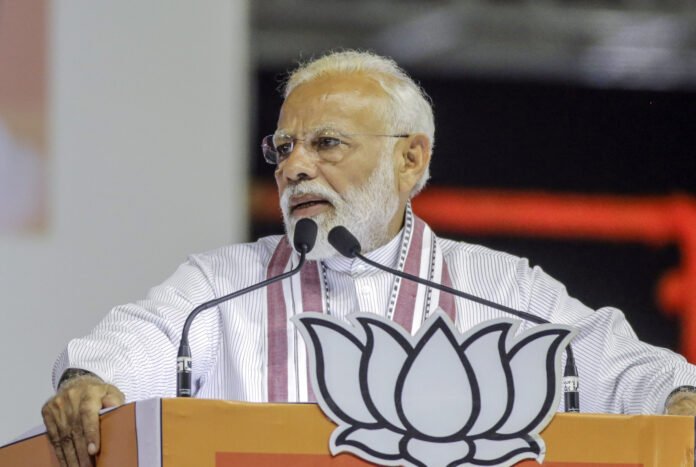
BJP leaders have recently made statements asserting that the proposed caste survey in India will not have any significant impact on the party’s electoral policies. This perspective comes as the contentious issue of conducting a caste-based census continues to be a topic of debate and discussion across the nation.
The Bharatiya Janata Party (BJP), one of India’s major political parties, has emphasized that its political strategy is primarily based on developmental policies and good governance rather than caste calculations. Party leaders argue that their focus remains on delivering welfare and development programs that benefit all citizens, irrespective of their caste or community.
BJP leaders have expressed confidence in their electoral appeal, asserting that voters are increasingly choosing parties and leaders based on their track record of governance and the delivery of public services. They contend that the electorate is moving away from caste-based voting and is more inclined towards candidates and parties that can demonstrate tangible improvements in their quality of life.
The BJP has been successful in recent years in several state and national elections, securing significant electoral victories. The party’s emphasis on development and economic growth, along with its charismatic leadership, has resonated with a broad spectrum of voters.
However, it’s important to note that caste considerations have historically played a significant role in Indian politics. Many political parties, including the BJP, have relied on caste-based alliances and strategies to secure electoral support in different regions of the country. Caste identities continue to influence political dynamics, particularly at the state level.
More About Caste Census: BJP Leaders
The debate over the caste census has generated diverse opinions. Advocates argue that a caste-based census is necessary to gather accurate data on caste demographics, which can aid in designing targeted welfare and development programs. They contend that understanding the specific needs and challenges faced by different caste groups is essential for inclusive governance.
Opponents, on the other hand, raise concerns about potential misuse of caste data and the perpetuation of caste-based divisions. They argue that focusing on development and economic growth should be the priority, rather than emphasizing caste identities.
BJP leaders’ assertion that the caste survey will not significantly impact their electoral policies reflects the party’s confidence in its governance-focused approach. They believe that voters are increasingly recognizing the importance of development-oriented leadership and that the party’s commitment to delivering on this front will be the key factor in electoral success.
Overall, the BJP’s stance on the caste survey highlights its focus on governance and development as the primary factors driving its electoral policies. While caste considerations have historically played a role in Indian politics, the party believes that voters are shifting towards a more development-centric mindset. The ongoing debate over the caste census will continue to be a topic of discussion as India navigates the intersection of identity, politics, and governance in its complex and diverse electoral landscape.
